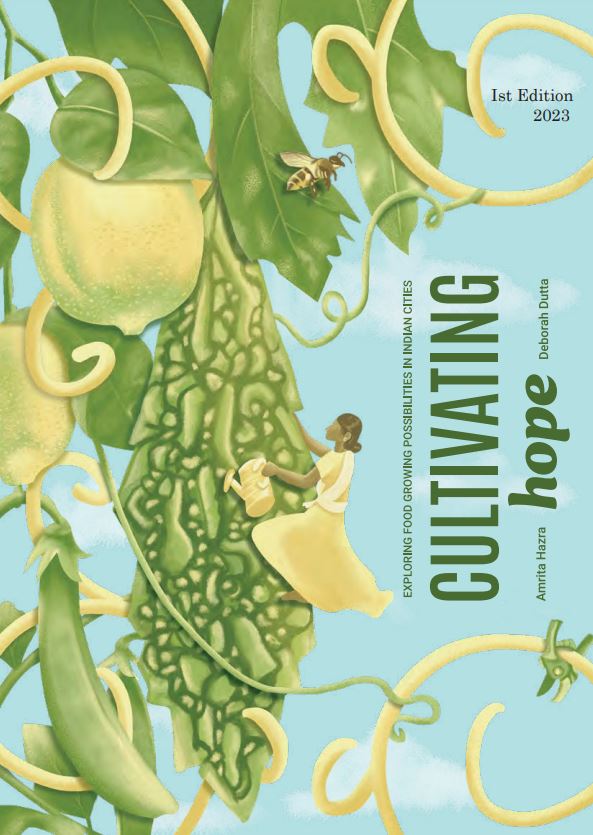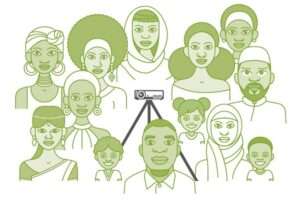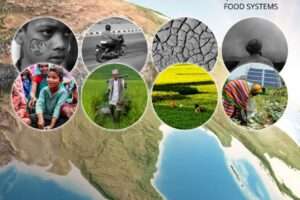In recent years, the practice has become increasingly popular for a variety of reasons ranging from concerns for food security, urban biodiversity, recreational spaces and so on. As urbanisation continues to grow at a rapid pace, urban farming can become a crucial tool in re-imagining our relationship with the immediate environment. On the other hand, increasingly erratic weather patterns, combined with excessive dependence on fossil fuels to grow and transport food over thousands of kilometres has made an average farmer’s work extremely challenging. With the loss of traditional farming knowledge, and support of local community, they are forced to buy seeds, pesticides, and fertilizers, often falling into vicious cycles of debt when crops fail due to weather. The indiscriminate use of pesticides on large monocultures decreases the fertility of the soil, thereby requiring even more chemical input. The actual situation is more complicated due to influence of shortsighted policies, market forces and local politics. The result is a massive loss to local biodiversity and negative impact to the health of all living beings.
Apart from easing the pressure on rural land and resources, urban farming practices offer a promising way to rebuild our connection to food, through local production and consumption. We can bring back the traditional farming knowledge, while exploring creative methods in smaller spaces. Farming can be a way to bring communities closer. Through food gardens, we can enrich the local biodiversity, and more importantly appreciate the joy and reciprocity of tending to the soil. Cities are conventionally seen as a source of numerous environmental issues. We can change that narrative, and it can all start with a handful of soil.
The stories and themes shared in this handbook illustrate ways to start your own food garden, no matter where you are, and to involve the local community as well. We hope these ideas and thoughts inspire you to begin your journey of building equitable and regenerative cities where both present and future generations can flourish.





Add Comment